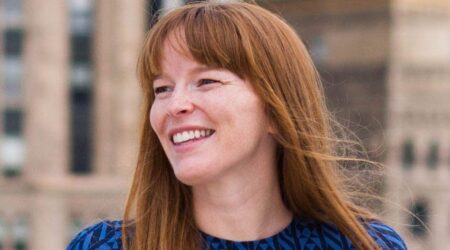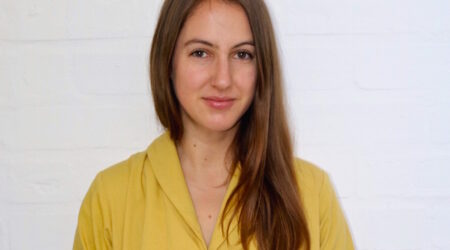On March 19, 2021, Social Science Matrix presented a lecture by Evgeny Morozov, author of The Net Delusion: The Dark Side of Internet Freedom and To Save Everything, Click Here: The Folly of Technological Solutionism. Morozov is also the founder and the publisher of The Syllabus, a knowledge curation initiative. He holds a PhD in History of Science from Harvard University. This lecture was presented as part of the SSRC-sponsored research initiative, “Solidarity and Strife: Democracies in a Time of Pandemic,” co-organized by the UC Berkeley D-Lab and Social Science Matrix. This event was also co-sponsored by the Algorithmic Fairness and Opacity Group.
The title of the lecture, “Beyond Competition: Alternative Discovery Procedures & The Postcapitalist Public Sphere,” refers to an essay by Friedrich Hayek, “Competition as a Discovery Procedure” (1968). In an abstract for the lecture, Morozov wrote that “Hayek’s insistence that competition is the surest and most reliable technique of eliciting innovation is well reflected in today’s digital landscape, dominated as it is by digital platforms, with their stated goal of facilitating market exchange. Yet, beyond Hayek’s favorite bugbear of central planning, there surely must be other ways of ‘discovery’ — even if they do not currently ‘scale’ as well as the techniques of competition.” Morozov’s talk aimed to “explore the intellectual and political benefits of placing ‘discovery’ at the center of our debate about the future of the digital public sphere” and to “suggest potential directions for adequate policy-making on the issue.”
In his lecture, Morozov reflected on his past work on “solutionism,” which he noted was missing “ingredients” such as capitalism, liberalism, finance, and what is happening beyond the United States. “Since then I’ve moved out of the U.S. and tried to understand what the same phenomena would mean if you were to look at them from the perspective of Europe, or Latin America, or Asia. And of course, not surprisingly, a lot of other different facets came into view that were not visible to me when I was at Stanford, or Harvard, or Georgetown — questions related to developmentalism, colonialism, or imperialism.
Morozov explained that he has a forthcoming book that takes a broader look at the topic of solutionism, but also uses a particular lens: that of “the inability of progressive forces to the left to not only make sense of digital technologists and what to do with them, but also to make sense of their own project. What should their future be, other than just defending the welfare state, and insisting that they can humanize capitalism?”


